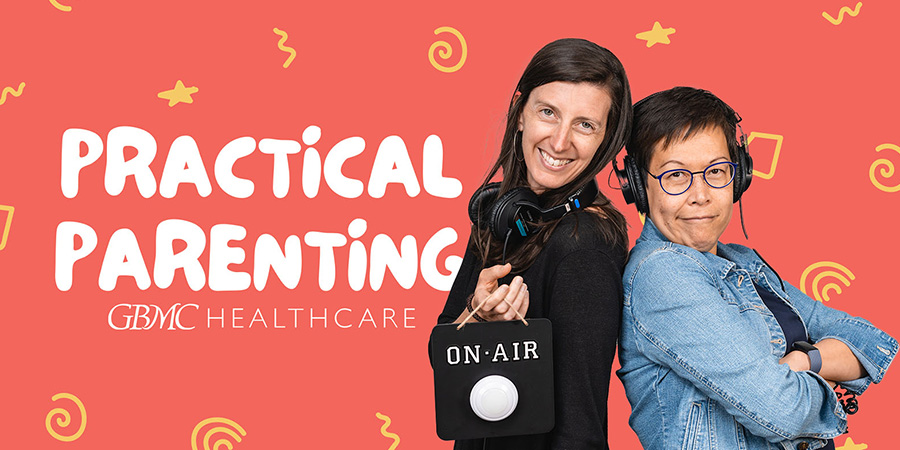Practical Parenting: We’re Talking Discipline
March 7, 2025
Disciplining children is one of the most difficult aspects of parenting. Emotions run high and parental responses are often shaped by personal experiences and upbringings. In the latest Practical Parenting episode, we’re diving deep into the complexities of discipline, exploring various parenting styles, and sharing insights on balancing love and structure for effective child-rearing.
It is important to have a general foundational understanding of different parenting styles:
Authoritarian Parenting is rooted in control, where parents enforce rules with little room for negotiation. The philosophy here is "Because I said so," and often uses fear-based discipline. While this may instill obedience, it can undermine a child's self-esteem and emotional development.
Permissive Parenting is the opposite, focusing on unconditional love and avoiding consequences. Parents in this style often give children the freedom to do as they please, which, while nurturing, can leave kids without the necessary structure to make responsible decisions.
Authoritative Parenting strikes a balance between structure and flexibility. This style fosters a collaborative relationship between parent and child, where rules are set, but children understand the reasoning behind them. With authoritative parenting, children are encouraged to express their feelings, and discipline comes with clear explanations and appropriate consequences.
Neglectful Parenting refers to a lack of engagement, where parents may be uninvolved due to personal struggles, mental health issues, or other challenges. This leaves children craving attention, potentially leading to negative behaviors later in life.
Often seen as the gold standard, authoritative parenting is about balance—providing children with clear rules and expectations while also encouraging open communication, emotional support, and autonomy. This style of parenting values both structure and flexibility, creating an environment where children feel heard, respected, and understood. In practice, it can look like encouraging children to think critically, make decisions, and solve problems on their own within a container of support as well as using natural or logical consequences to help children understand the impact of their actions.
Effective discipline is more about encouraging positive behaviors than punishing negative ones. Rewards can be a powerful motivator for positive behavior, especially in younger years, while promoting autonomy and self-regulation. Whether it’s a small treat or additional screen time, children respond well to tangible rewards. However, the goal is to eventually transition to intrinsic motivation as they grow older. Rewards should not be overused and should always be aligned with age-appropriate behaviors.
For instance, Krystina shared her experience with her kids' struggles with bedtime anxiety. Using a reward system for their positive behavior helped motivate them to stay in bed, and despite her initial hesitation, it turned out to be an effective approach. Dr. Nguyen reassured this method is common and developmentally appropriate, acknowledging younger children do not yet have the internal drive to behave purely out of self-motivation.
It’s also important for parents to model self-reflection and repair when mistakes are made. Admitting when you’ve gone off course and discussing how to approach things differently fosters emotional growth in both parents and children.
Effective discipline requires patience, understanding, and a willingness to reflect and grow alongside your children. By embracing an authoritative approach, rewarding positive behaviors, and fostering intrinsic motivation, parents can help their children thrive and grow with confidence.
Listen on ...




